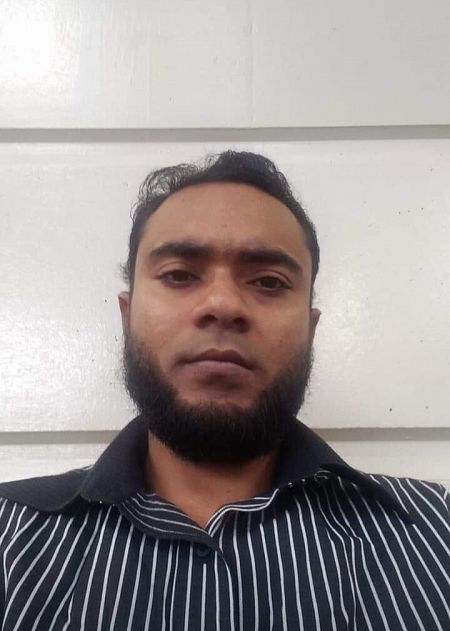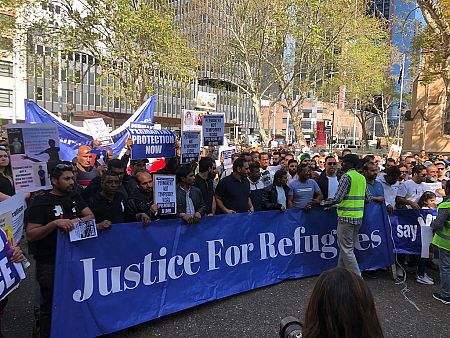The Government's refusal to show compassion to those seeking asylum is still damaging mental health and taking lives, writes Dr Sabrin Farooqui.
THERE WAS A TIME, not too long ago, when Australia and similar Western nations were known internationally for their compassion and understanding of peoples from other nations seeking refuge from war, poverty and trauma. Nations recognised the needs of others and worked hard to put processes and systems in place to accommodate and support asylum seekers and to help them adapt and thrive in their new adopted home as quickly and easily as possible.
But more recently, immigrants fleeing their homelands for a better and safer life are instead arriving in Australia only to be confronted by a system that is unresponsive to their needs and leaves them in a state of uncertainty about their future. They are leaving one life of uncertainty for another, albeit different, set of uncertainties, concerns and anguishes. And it is impacting on people’s mental health and increasing instances of self-harm.
The recent death of Bangladeshi asylum seeker Mohammad Mohsin is a striking example of the mental anguish that can result from an immigration intake and processing system that causes uncertainty by making them wait months and sometimes years for finalisation.

Mohsin arrived in Australia by boat to seek asylum in 2013 and had been living on a bridging visa without the right to work for most of that time. Delays in processing the protection applications from the tens of thousands of asylum seekers who arrived by boat prior to 2013 meant that Mohsin's claim was only recently refused. He had appealed against that decision with the Federal Circuit Court, but by then we can only assume his mental state had deteriorated to the extent that he could see no future for him in Australia, or anywhere else for that matter.
Last month (October) he took his own life, ending his fight to become a permanent Australian resident and his battles with homelessness and ever-worsening mental health. His friends, supporters and peers had long seen the causes of Mohsin’s failing condition, issues not seen or deliberately ignored by the people in charge of Australia’s refugee intake processes.
In my role as Shakti Australia’s National Co-ordinator and as an advocate of refugee rights, I regularly speak to asylum seekers who are on Temporary Protection Visas (TPVs) and Safe Haven Enterprise Visas (SHEVs), all of whom report unending concern because they find themselves in complete uncertainty.
One such person I spoke to is Manik, who said he and his friends who came here by boat hadn't seen their families since arriving and they had no idea when or even if they would be reunited. They are in a state of uncertainty and constant anguish. They are concerned about their mental health as well as that of others having seen one case after another of self-harm by people who feel they have no future and no other options.
In July, the Human Rights Commission released a report about the 30,000 asylum seekers who arrived in Australia by boat before 2013 and had been living on temporary visas with limited access to support services and visa uncertainty. The commission found these asylum seekers were susceptible to homelessness and many lived in poverty or destitution.
It is beyond unfathomable that so many people are living in such awful circumstances and so many others can see the mental health and other issues that are being caused by delays or uncertainty, yet no one in authority has made any attempt to ease their suffering.
For this to be occurring on a daily basis with full knowledge is deplorable, especially in a country like ours, once known as the lucky country that offered compassion and a fair go to all who sought to call Australia “home”.
We must stop the delays, show our traditional compassion and give the people seeking refuge in Australia some hope for the future.
Dr Sabrin Farooqui is the National Coordinator of Shakti Australia Ltd which is a not-for-profit community organisation that promotes the development, empowerment and safety of immigrant women and children in Australia.

 This work is licensed under a Creative Commons Attribution-NonCommercial-NoDerivs 3.0 Australia License
This work is licensed under a Creative Commons Attribution-NonCommercial-NoDerivs 3.0 Australia License
Support independent journalism Subscribe to IA.












